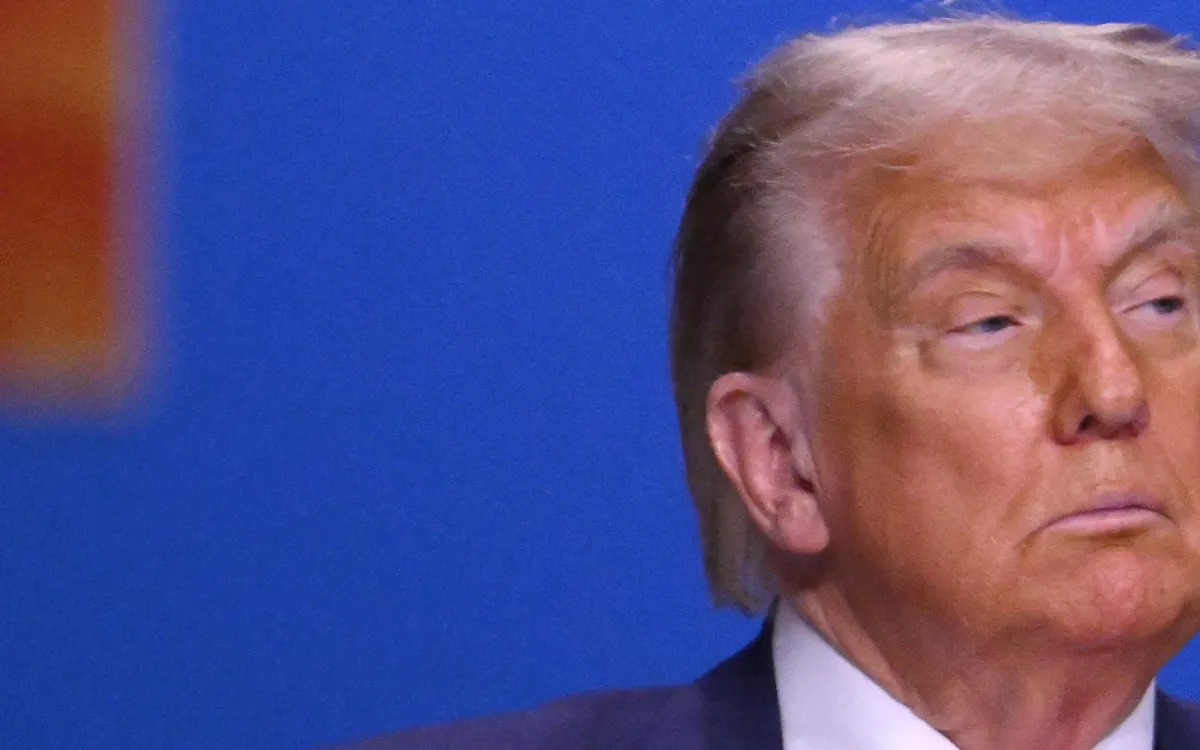
During a recent NATO summit held in The Hague, President Donald Trump expressed his confidence in the fragile ceasefire between Israel and Iran, attributing its success to U.S. airstrikes targeting Iranian nuclear facilities. While declaring that the conflict, which he referred to as the "12-day war," is likely over, Trump acknowledged the volatility of the region, suggesting that hostilities could resume at any moment. His remarks illuminate the complex role the U.S. plays in Middle Eastern geopolitics, as well as the ongoing tensions between Israel and Iran.
Trump noted that both Iran and Israel appeared exhausted after intense and violent fighting, leading to their decision to agree on a ceasefire. However, he warned that the peace may not be durable: "Some day it could maybe start again soon," he cautioned. The president credited U.S. military strikes on Iran's nuclear infrastructure as pivotal in bringing about the temporary halt in hostilities. Despite a leaked U.S. intelligence report indicating that the airstrikes had resulted in only limited damage, Trump dismissed the report as "fake news," maintaining that the nuclear threat had been significantly mitigated.
In a separate update, the Centers for Disease Control and Prevention (CDC) reported tens of thousands of COVID-19 deaths in the U.S. since last fall, with figures ranging from 32,000 to 51,000 fatalities and over 250,000 hospitalizations. Vulnerable populations, particularly seniors and infants under 6 months, are at heightened risk. This data emerges as Health Secretary Robert F. Kennedy Jr.'s newly formed vaccine advisory panel convened for its inaugural meeting, despite facing criticism from medical groups like the American Academy of Pediatrics, which announced plans to publish an independent vaccine schedule.
The White House Council of Economic Advisers (CEA) released a new analysis projecting that the Senate Finance Committee's draft of Trump's tax plan could potentially reduce the federal deficit by $2.1 to $2.3 trillion over the next decade. This optimistic outlook contrasts sharply with the Congressional Budget Office's (CBO) assessment, which anticipates a deficit increase of up to $2.8 trillion. The CEA's report did not provide specifics on how the tax changes would impact different income brackets, leading to ongoing debates about the implications for low-income Americans.
As the NATO summit concluded, Trump's remarks were generally positive, indicating satisfaction with the outcomes and the commitments made by allies, particularly in terms of defense spending. He praised NATO Secretary-General Mark Rutte for his leadership in pushing the alliance towards a 5% spending target by 2035. However, Trump also directed criticism towards Spain for its decision to maintain defense spending at 2% of GDP, suggesting potential trade penalties could follow if Spain does not align with NATO's new defense goals.
In a significant development, Trump announced that the U.S. might meet with Iranian officials next week to discuss a potential nuclear agreement, although he downplayed the necessity of such a deal. "I don't care if I have an agreement or not," he stated, emphasizing that U.S. military actions had already crippled Iran's nuclear capabilities. Secretary of State Marco Rubio indicated that any agreement would hinge on Iran's willingness to engage without intermediaries.
Rep. Jason Crow (D-CO) challenged Trump's assertions regarding the effectiveness of U.S. strikes on Iran's nuclear facilities. In a recent interview, Crow, who has a background in military intelligence, warned that the president's portrayal of the strikes as devastating could misrepresent the reality on the ground. He highlighted the resilience of fortified underground complexes, implying that the idea of completely dismantling Iran's nuclear infrastructure is unrealistic.
The NATO summit in The Hague served as a critical platform for discussing not only the Israel-Iran ceasefire but also broader issues of defense spending and international relations. With Trump touting the U.S. military's role in fostering a ceasefire and signaling a potential dialogue with Iran, the coming weeks will be pivotal in determining both regional stability and the U.S.'s stance in global geopolitics. Stay tuned for ongoing coverage and updates from Newsweek.